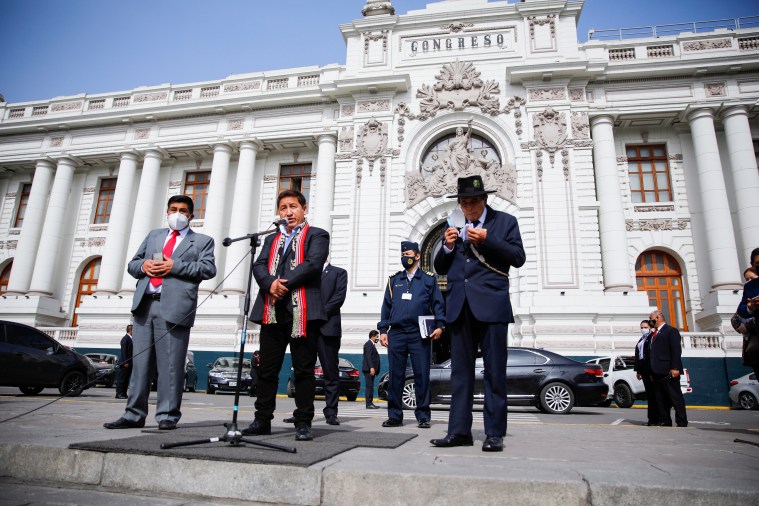Miami, March 10, 2022 — Peru’s Congress should reject a bill that would criminalize reporting based on leaked information from informants cooperating in criminal investigations, as it would negatively impact journalists’ ability to operate, the Committee to Protect Journalists said Thursday.
On February 23, the Commission of Justice and Human Rights unanimously approved a bill that would amend several articles of the Code of Criminal Procedure and the penal code regarding “effective collaborators,” according to media reports and a statement by the Lima-based regional group Institute of Press and Society (IPYS). An “effective collaborator” is someone who agrees to provide evidence for the prosecution in return for judicial lenience, although they are not always subject to the criminal investigation or proceeding, according to the Peruvian Prosecutor’s Office.
Under the proposed changes in the bill, anyone who reveals, even partly, the identity of an “effective collaborator” or the content of their testimony faces a prison sentence of between four and six years.
“The Peruvian Congress must reject this bill about ‘effective collaborators,’ as it risks criminalizing reporting based on leaked information from informants cooperating in criminal investigations,” said Natalie Southwick, CPJ’s Latin America and the Caribbean program coordinator, in New York. “A blanket prohibition on the publication of information stemming from the testimonies of informants, which can be of clear public interest, is incompatible with freedom of the press.”
In the past, informants’ testimonies have been leaked to journalists who then undertake their own investigations, according to Adriana León, director of Information Freedoms at IPYS, who spoke to CPJ via messaging app. León added that these testimonies were essential for the investigative reporting done by the Peruvian press in uncovering corruption in the country, especially in the well-known Lava Jato/Odebrecht and Montesinos cases.
The proposal is now ready for debate and vote before the plenary session of Congress, which could happen at any time now, according to León.
CPJ contacted the Peruvian Congress for comment by email, but the request went unanswered.
